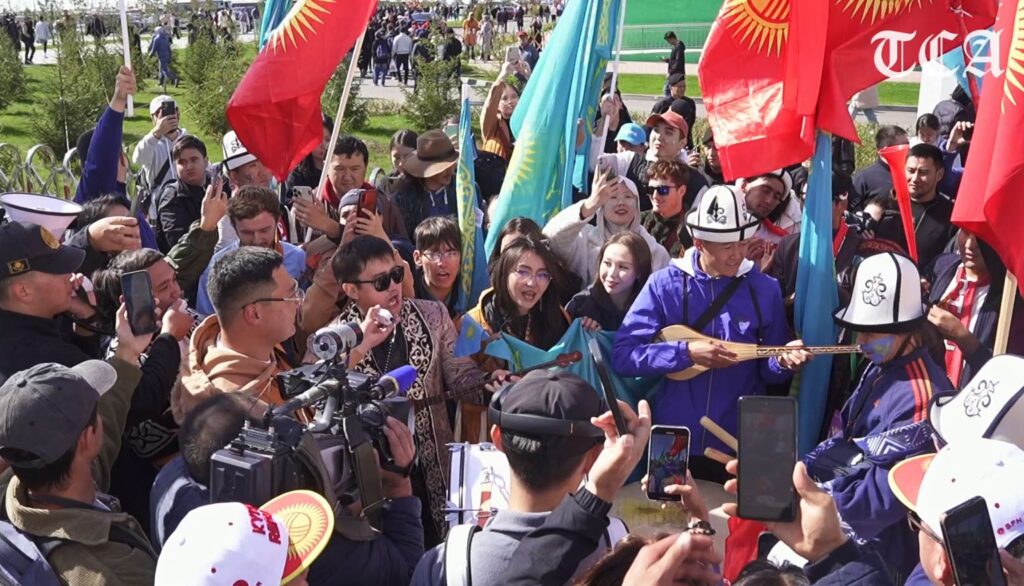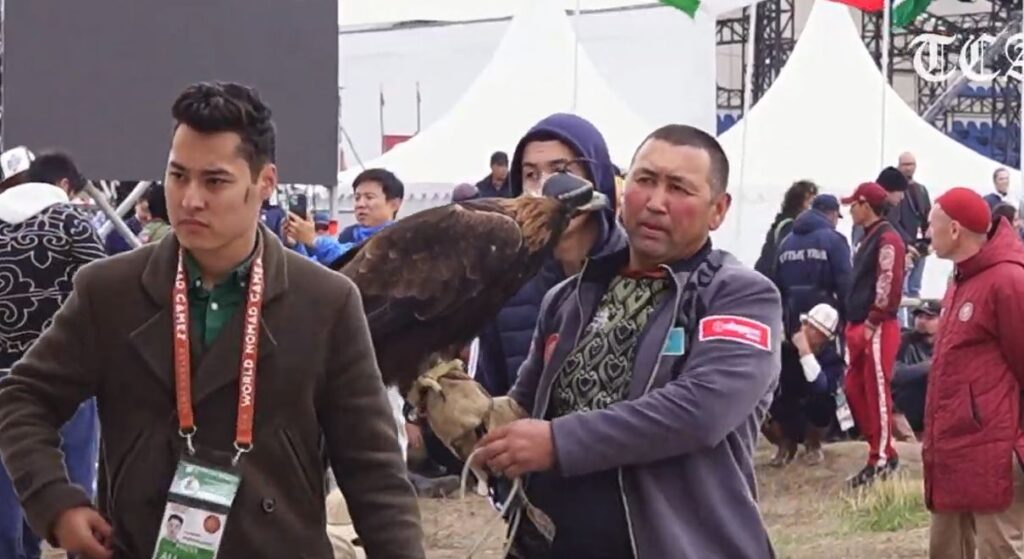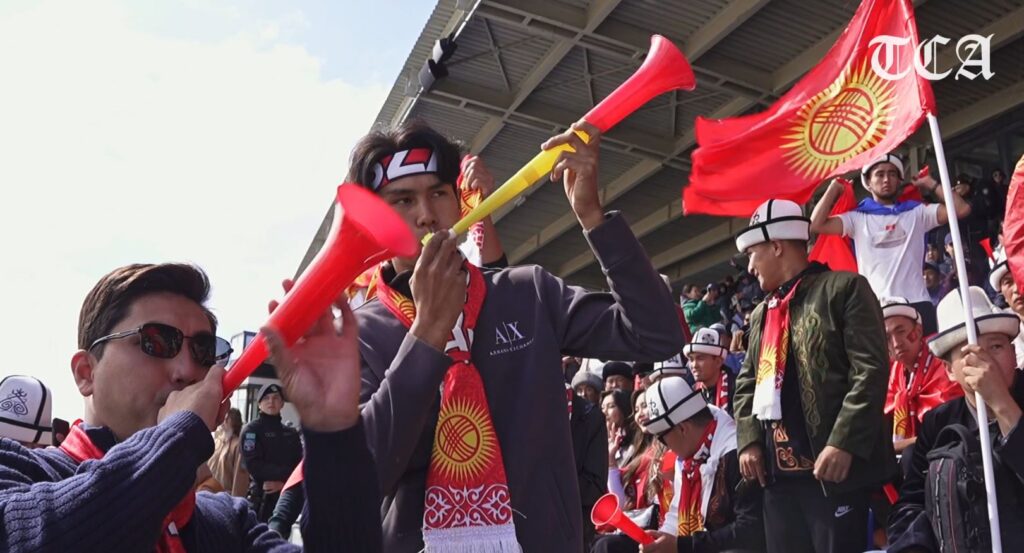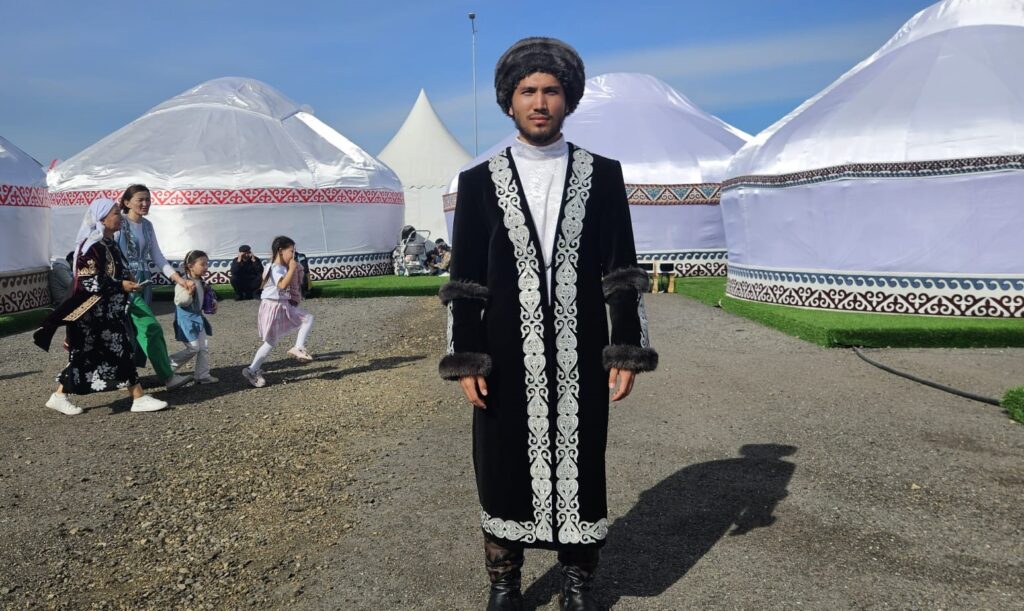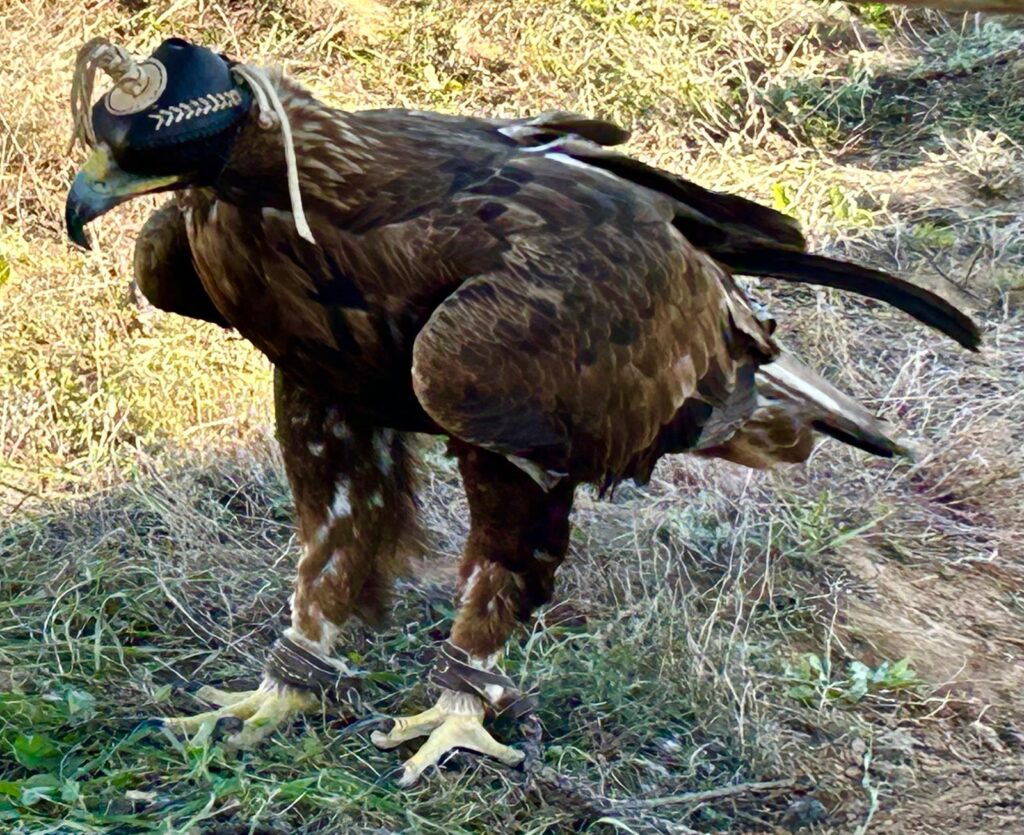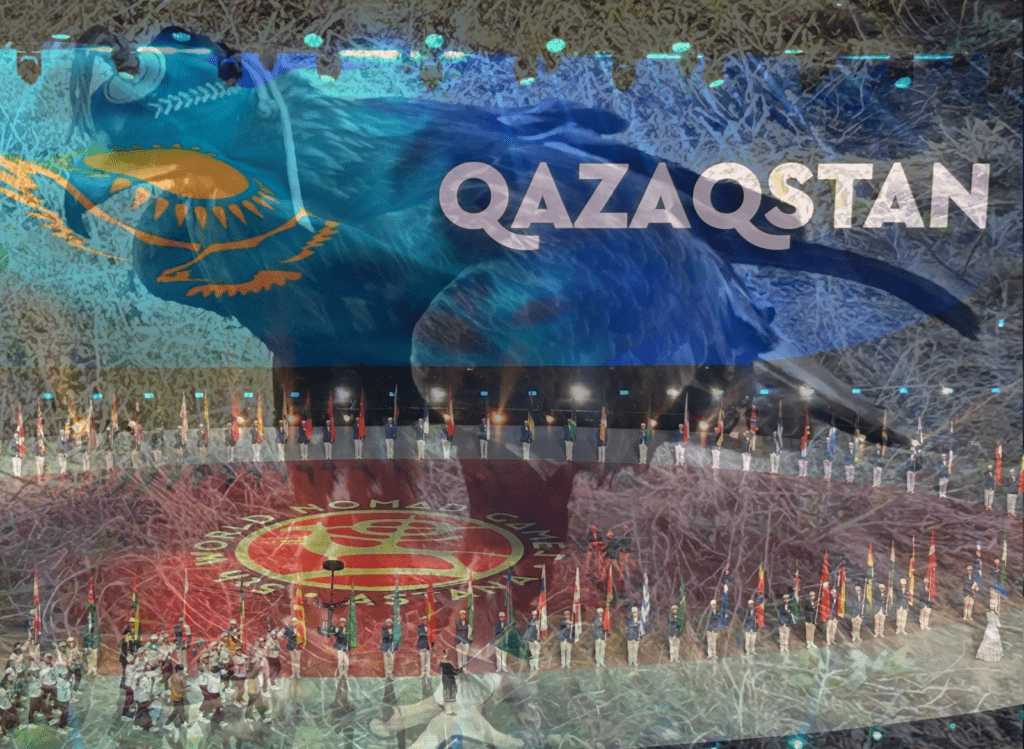A Bone of Contention: Kazakhstan and Kyrgyzstan at Loggerheads Following World Nomad Games Kokpar Final
Astana largely managed to turn the 5th World Nomad Games into an exemplary international sporting event free of politics and disagreements. Overall, the Games stood in stark contrast to the Olympics in Paris earlier this year, when the International Olympic Committee’s decision to allow a handful of athletes from Russia and Belarus to compete under a neutral flag led to calls from some counties for a boycott. However, the culmination of the Nomad Games saw an unpleasant incident at the final of the most popular event, which resulted in a fallout between Kazakhstan and Kyrgyzstan. [video width="1920" height="1080" mp4="https://timesca.com/wp-content/uploads/2024/09/nomad-game-2.mp4"][/video] A blow with a kamcha On September 12, an incident occurred during the Kokpar final, in which the national teams of Kazakhstan and Kyrgyzstan met, when a player from the Kazakh team, which was underperforming, struck a Kyrgyz rider with a kamcha (whip). At this point, the game was stopped, and a squad of law enforcement officers immediately surrounded the culprit. After the offender was suspended from proceedings and given a time penalty, the game continued, and Kazakhstan, having leveled the score, won the match in overtime. The Kokpar final at the previous Nomad Games, hosted by Turkey, also ended with a marginal Kazakh victory in the derby between the long-standing rivals. However, unlike in 2022, this time the Kyrgyz national team did not accept defeat in silence. At the awards ceremony, the Kyrgyz team ripped off their silver medals, raised their country's flag, and defiantly left the arena. “We knew it would be unfair, but not to this extent. The referees were swearing at us, and the police were beating our players," the Kyrgyz captain said. "A KNB (national security) officer came up to me, showed me his ID card, took my picture, and started to intimidate me, saying I was sowing discord between nations. The pressure was strong. After the scuffle, when the score was 3-1 in our favor, we were asked to leave the game. They said the refereeing would be fair... We didn't think the Kazakhstani side would allow such disorganization and injustice. If Kazakhstanis have pride, they won't celebrate such a victory.” The press service of Kazakhstan's National Security Committee promptly denied the allegations, saying their officers were not involved in providing security for the Games. Tastanbek Yesentaev, the Chief Judge of the World Nomad Games in Astana, threatened the Kyrgyz team with a 2-3 year suspension from the competition for showing disrespect. This statement only served to further inflame proceedings. At a briefing on September 16, four days after the final, Ramis Kudaibergenov, an expert on the Kyrgyz Kok-Boru Federation, stated that the Kazakh national team committed 14 gross violations of rules in the final of the Kokpar, and given a level playing field, the Kyrgyz team would have won 5-1. “Everyone blames the referee, but the whole system is culpable. We prepared the players based on previous games, but there were so many infractions we didn't take into account. We were able to...
